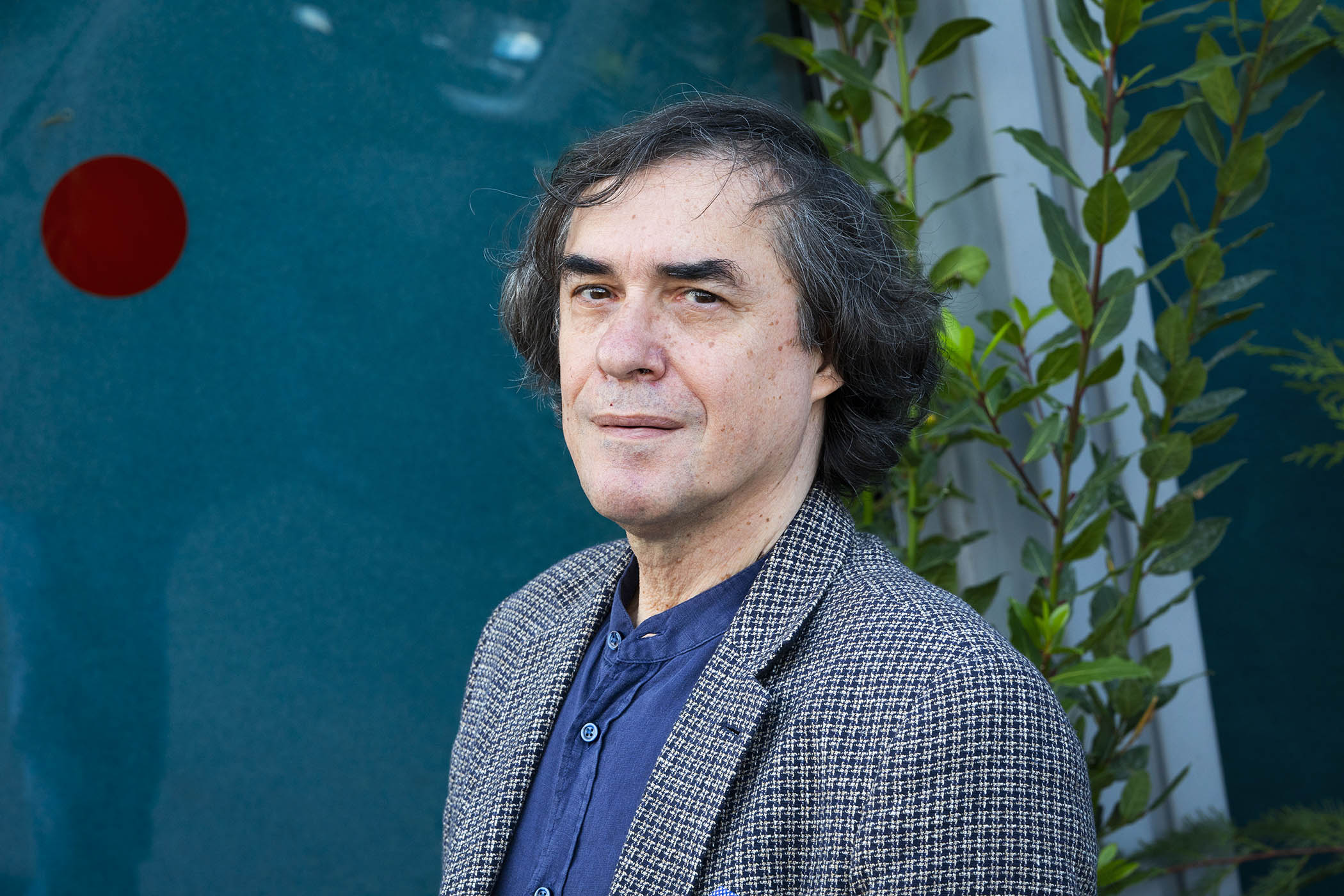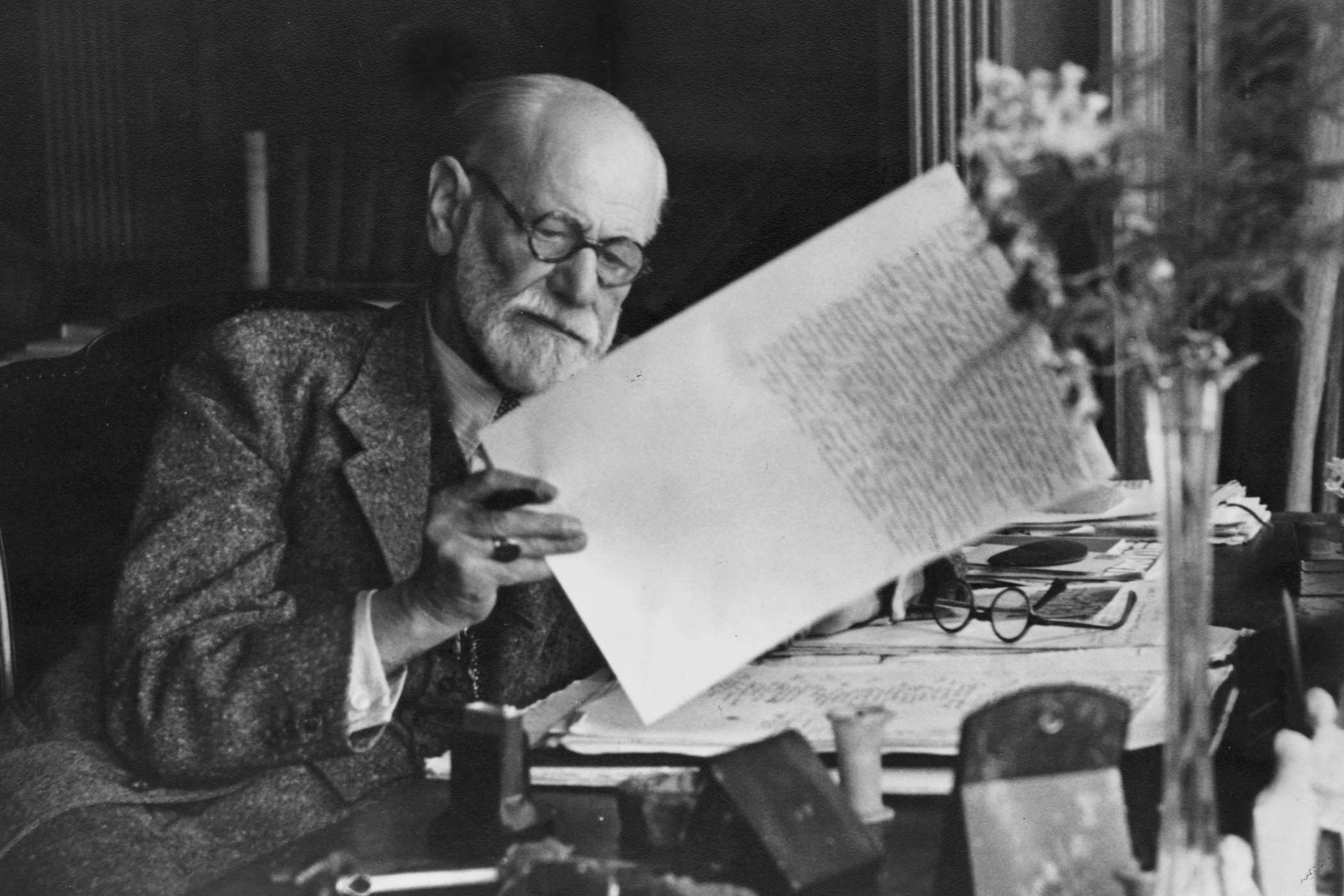A couple of days before this year’s Nobel prize in literature was announced, a man with the Pynchon-by-way-of-punk name of Magnus Puke was asked by the Washington Post about its likely recipient. Puke, who used to compile Nobel odds for Ladbrokes, said the Romanian Mircea Cărtărescu “ticks every box”.
Those boxes were: gender (male); age (69); region of origin (the prize committee has regularly favoured eastern European writers in recent years, and did so again by announcing the Hungarian László Krasznahorkai as the winner); and the fact he is “not overly famous but famous in [literary] circles”. On this last point, I’d say that Anglophone readers, even those who know their Fosses from their Ernauxs, might be on less certain ground with Cărtărescu’s large body of work – including poetry, essays and fiction – but that’s changing. His 1989 novel Nostalgia became a Penguin Modern Classic in 2021, and a translation of his 2015 work Solenoid was longlisted for this year’s International Booker prize. Now the first volume of his autobiographical trilogy, Blinding, published in Romania in 1996 and in Sean Cotter’s translation in the US in 2013, arrives in the UK.
Reading it, you quickly realise the book ticks another box Puke neglected to mention: literary brilliance. This is writing of overwhelming accomplishment, making Cărtărescu’s infamous method of composition – longhand, without edits or revisions – difficult to comprehend. “Fortunately,” he has said, anticipating disbelief, “I have my notebooks as proof.”
Cărtărescu’s work is in the lineage of Proust, delving into a past characterised by and filtered through its author’s sensibility. Blinding doesn’t have anything as conventional as a plot, but is “about” Cărtărescu’s early life, and that of his mother, Maria (obsession with the mother being another Proustian element). The worlds he conjures are unique to him and extraordinary, rendered via some of the most striking image-making I’ve encountered since I first read the visionary work of Bruno Schulz – with whom Cărtărescu also shares literary DNA.
Reading Blinding is like sinking into the humus of a mind, a vast, tangled network of memory and fantasy
Reading Blinding is like sinking into the humus of a mind, a vast, tangled network of memory and fantasy
Partly this is a matter of the originality of his perception. Describing Maria’s job as a seamstress, her first after moving to Bucharest from the countryside, Cărtărescu summons a dawn scene when “the rows of Singer sewing machines with glossy black wheels and pedals looked like giant insects with poisonous stingers, ready to receive their prey: young, living girls.” We might be in a social realist novel decrying the capitalist exploitation of these young women. But a few pages later, when Maria opens a hatch in her machine to fix something, she sees inside “throbbing viscera – a kind of kidney, a kind of endocrine gland, flesh and cartilage, veins and arteries and lymphatic canals, ganglia dilating and contracting slowly below dewy blood, nerves branching in fusiform myelin sheaths, hyaline areas and dark areas like clots … It all throbbed and trembled beneath the powerful, audible pounding of an unseen heart.”
Alongside such moments of horror there is lots of sex, philosophy, conspiracy theory, repeated mentions of caves, an assault on a village by the vengeful dead, and the impregnation of a lift operator by a butterfly (the book is profuse with butterflies, the image having its origin in a birthmark on Maria’s hip). Did I always understand where I was and what was happening? No. Did I care? Almost never. The power and surprise of the writing is so great that confusion rarely translates into frustration.
Reading Blinding is like sinking into the humus of a mind, a vast, tangled network of memory and fantasy. A network of pipes is described as running “between dreams … connected the way buildings in Bucharest were connected with each other, the way each of the days of my life, at a distance of years or months, or one night alone, was bound, by imperceptible threadlike tubes, to all of the others”.
The more you read Cărtărescu’s book, the more you discern the connections that hold this vast, strange, beautiful edifice together.
Blinding: The Left Wing by Mircea Cărtărescu, translated by Sean Cotter, is published by Penguin International Writers (£16.99). Order a copy of from The Observer Shop for £15.29. Delivery charges may apply
Editor’s note: our recommendations are chosen independently by our journalists. The Observer may earn a small commission if a reader clicks a link and purchases a recommended product. This revenue helps support Observer journalism
Newsletters
Choose the newsletters you want to receive
View more
For information about how The Observer protects your data, read our Privacy Policy
Photography by Leonardo Cendamo/Getty Images



